If you have been keeping up on the evolution of America’s celebration of commercialism, once known as Christmas, you will know that Santa Claus is no longer a portly, white-bearded guy in a red suit who drives a sleigh. He is now much more likely to be portrayed as a sharp dressed, distinguished, seemingly self-absorbed fellow who looks like he is about to board his private jet and head off to a climate change conference or perhaps a board meeting of Pfizer directors.
It's kind of sick.
A holiday centered on the idea of giving and the birth of a man Christians regard as their savior has finally settled to the bottom. Stripped of all meaning it is now simply and completely an excuse for unbridled consumer spending and personal gratification.
Maybe that feels right to the smug, clubby creators of Christmas ad campaigns. It doesn’t out in real America where people are struggling to pay heating bills, put food on the table and keep gas in the car. Americans could really use some Christmas spirit right about now.
So, let’s take a few moments to talk about Santa Claus, or as he was originally known, Saint Nicolas.
Nicolas was Greek. He was born in the town of Myra in modern-day Turkey in 270 AD. At the time of his birth, this area was all part of the Eastern Roman Empire known to history as Byzantium.
Nicolas’ parents died when he was young, and he inherited significant wealth. Rather than spending that money on himself, Nicolas donated money to those in need. He did so anonymously, accepting no reward in return.
In perhaps his most famous case of generosity, Nicolas donated money to pay the wedding dowries of three young women who were at risk of being sold into slavery. The custom of the time was for the wife’s family to pay the bridegroom’s family a dowry in order to facilitate a marriage. Once married a woman typically moved in with her husband’s family. Children would soon be expected. The dowry was intended, in an age when there was no welfare or public assistance, to guarantee the bridegroom’s family could bear the resulting expense.
In this case, the father and the mother of the three women were destitute. They could not provide dowries. They were in fact contemplating selling their daughters and themselves into slavery to avoid starvation.
Instead, they awoke one morning to find three stockings hung in their home each containing sufficient gold to provide handsome dowries, save the three women from slavery and rescue the family from oblivion.
Nicolas went on to become a bishop in the early Christian church and was ultimately canonized for his acts. Prior to Emperor Constantine’s decision to make Christianity the state religion of the Roman Empire, Nicolas suffered persecution and even imprisonment. He was so venerated that after his life his bones were enshrined and visited by pilgrims for centuries. His legend spread throughout Europe where it was mixed with elements of other traditions such as Father Christmas.
https://asia.nikkei.com/Life-Arts/Life/There-was-a-real-Santa-Claus.-Did-he-look-like-this

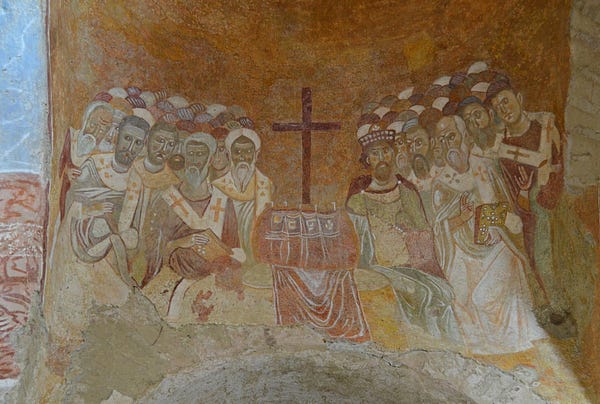
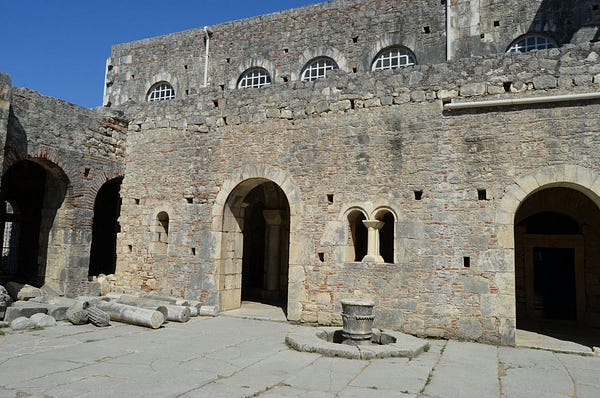
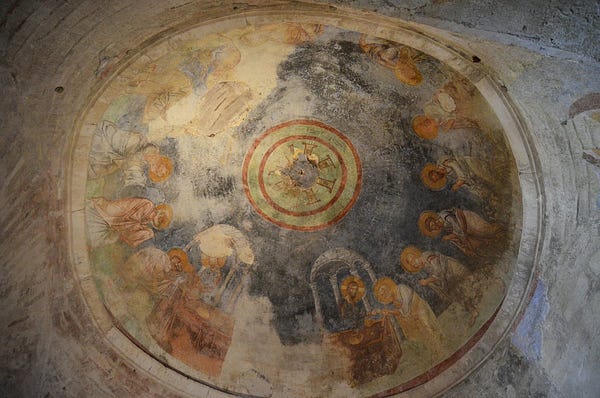
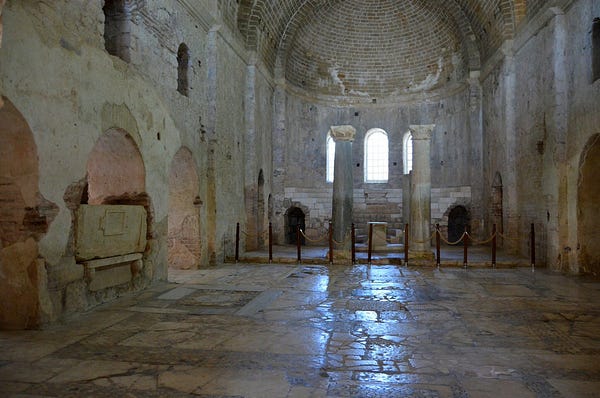
Hundreds of years after Nicolas’s death a church was dedicated to Nicolas in Constantinople. In the 900’s a Greek author wrote, "The West, as well as the East, acclaims and glorifies him. Wherever there are people, his name is revered and churches are built in his honor. All Christians reverence his memory and call upon his protection." Nearly 400 churches were dedicated in his honor in England alone during the late Middle Ages.
https://www.christianitytoday.com/history/2008/august/real-saint-nicholas.html

Saint Nicolas wasn’t an ad man. He didn’t sell BMWs, big-screen TVs, or push cell plans. He helped the poor. He gave away his own money. He did most of his work anonymously, expecting nothing in return but the knowledge he had done the right thing and helped his fellow man.
That’s the real Saint Nick. We could use a lot more of him right about now.





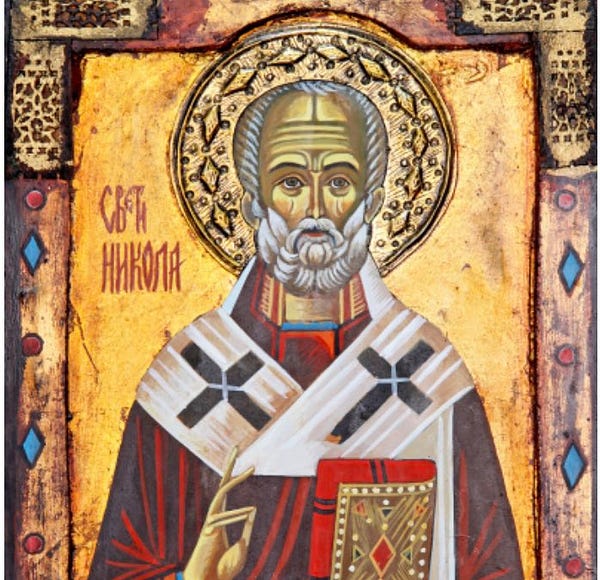

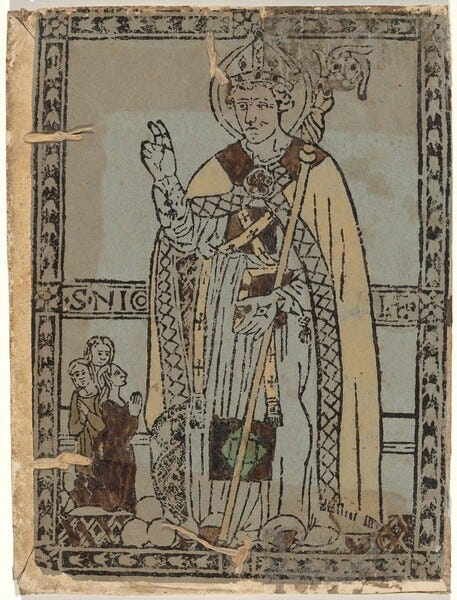
We surely could. Thing is Jesus is the reason for the season. But through the years the ‘commercialization’ of all holidays has created generations of spoiled children.
Kids don’t ‘need’ 15 packages to open Christmas Day. Let’s be honest, with bidenflation so high this year most parents may not be able to buy 1.
Theodosius Makes Christianity the Official Faith of the Roman Empire, 380 A.D., not Constantine.
Constantine's decision to cease the persecution of Christians in the Roman Empire was a turning point for early Christianity, sometimes referred to as the Triumph of the Church, the Peace of the Church or the Constantinian shift. In 313, Constantine and Licinius issued the Edict of Milan decriminalizing Christian worship.
Most historians believe that in 301 AD, Armenia became the first country in the world to adopt Christianity. In 301 AD, King Tiridates III declared Christianity the state religion of Armenia.
Remember the Armenian Christian genocide by the islamic Turks. The Armenian Christians are still persecuted by worshippers of the pedo prophet from islamic turkey and islamic azerbaijan.
Cheers!!